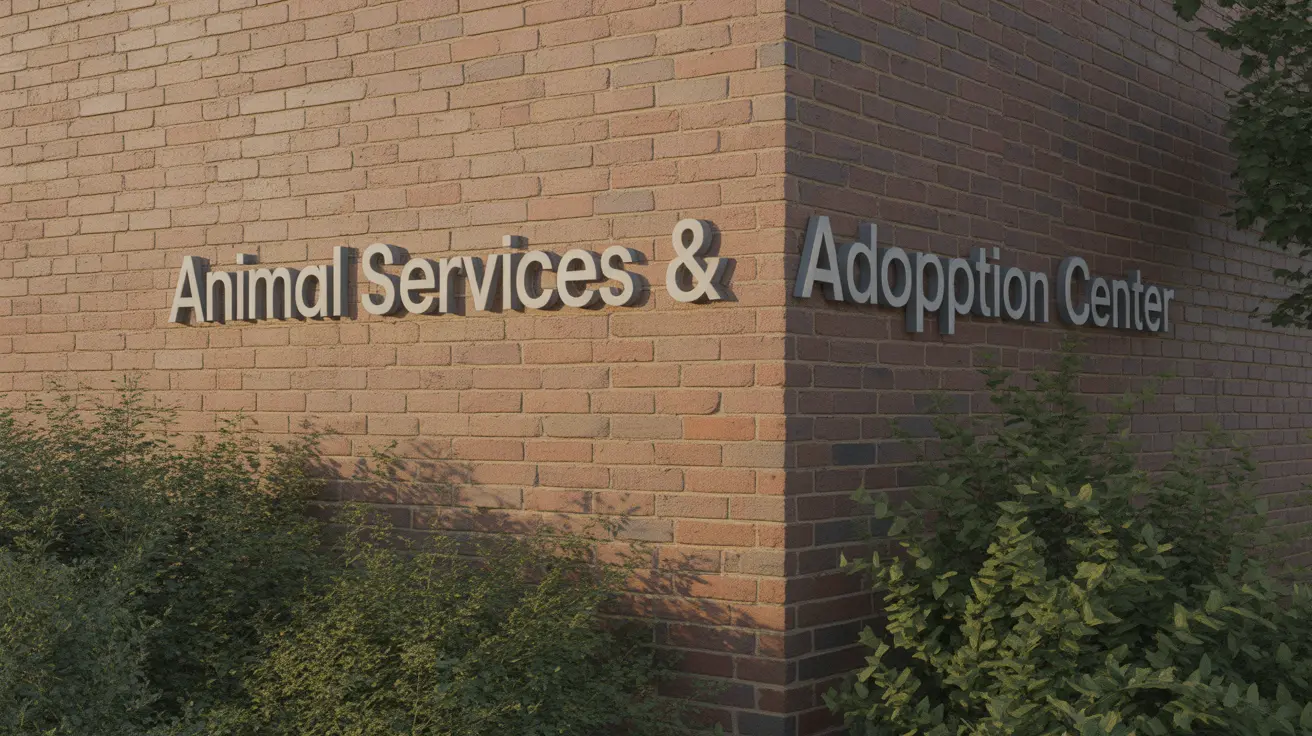Understanding How Long a Dog Can Refuse to Eat
When a dog refuses to eat, it's a source of worry for pet owners. While occasional skipped meals may be harmless, a prolonged lack of appetite can signal serious health issues. It's important to recognize the potential causes and know when veterinary intervention is needed.
Common Causes of Appetite Loss in Dogs
- Illness and Medical Issues: Dogs may stop eating due to infections, diseases of the liver, kidneys, or pancreas, cancer, or systemic illnesses. Accompanying symptoms like vomiting, diarrhea, or lethargy require immediate veterinary evaluation.
- Dental Disease: Pain from dental issues like gingivitis, loose teeth, or oral tumors can make eating uncomfortable. Signs include bad breath, drooling, and bleeding gums.
- Behavioral and Environmental Changes: Stress, anxiety, changes in environment, or household disruptions (such as new pets or travel) can all suppress appetite.
- Picky Eating Habits: Overfeeding treats, frequent diet changes, or indulging in human food can lead to selective eating behaviors.
- Food Issues: Stale or spoiled food, or abrupt changes in formula or brand, may cause a dog to avoid meals.
- Vaccination Side Effects: Temporary appetite loss may occur after vaccinations, typically resolving within a day or two.
- Age-Related Factors: Senior dogs may have reduced appetite due to arthritis, dental pain, or decreased senses.
- Gastrointestinal Upset: Infections, dietary indiscretion, or blockages can disrupt digestion, leading to inappetence.
How Long Is Too Long?
Most healthy adult dogs can go without food for about 24 to 48 hours without immediate danger. However, if your dog refuses food beyond 24 hours—or 12 hours for puppies—or shows signs like vomiting, diarrhea, lethargy, or dehydration, seek veterinary care quickly. Puppies and diabetic dogs are especially vulnerable to the effects of fasting.
When to See a Veterinarian
- No eating for over 24 hours (or over 12 hours for puppies)
- Signs of vomiting, diarrhea, or abdominal discomfort
- Lethargy, weight loss, or unusual behaviors
- Refusal to eat accompanied by no water intake
- Signs of dental pain or discomfort
Note: Force-feeding is discouraged. Instead, treatment should address the root cause under veterinary guidance.
Tips to Encourage Eating
- Warm the food slightly to enhance aroma and flavor
- Add broth, tuna water, or wet food to dry kibble
- Use food puzzle toys for engagement
- Try hand-feeding in a calm, familiar environment
- Limit treats and avoid feeding from the table
- Feed smaller, more frequent meals
- Maintain a consistent feeding schedule and location
Preventing Long-Term Issues
Always monitor your dog’s hunger and energy levels. Ensure access to clean, fresh water, and consider changes to diet or feeding method gradually over 7–10 days. Regular veterinary checkups can help catch and treat underlying issues before they affect appetite.
If your dog only skips a meal or two and otherwise seems well, try some of the encouraging strategies listed above. But recurring or prolonged refusal to eat should always lead to a professional assessment.





